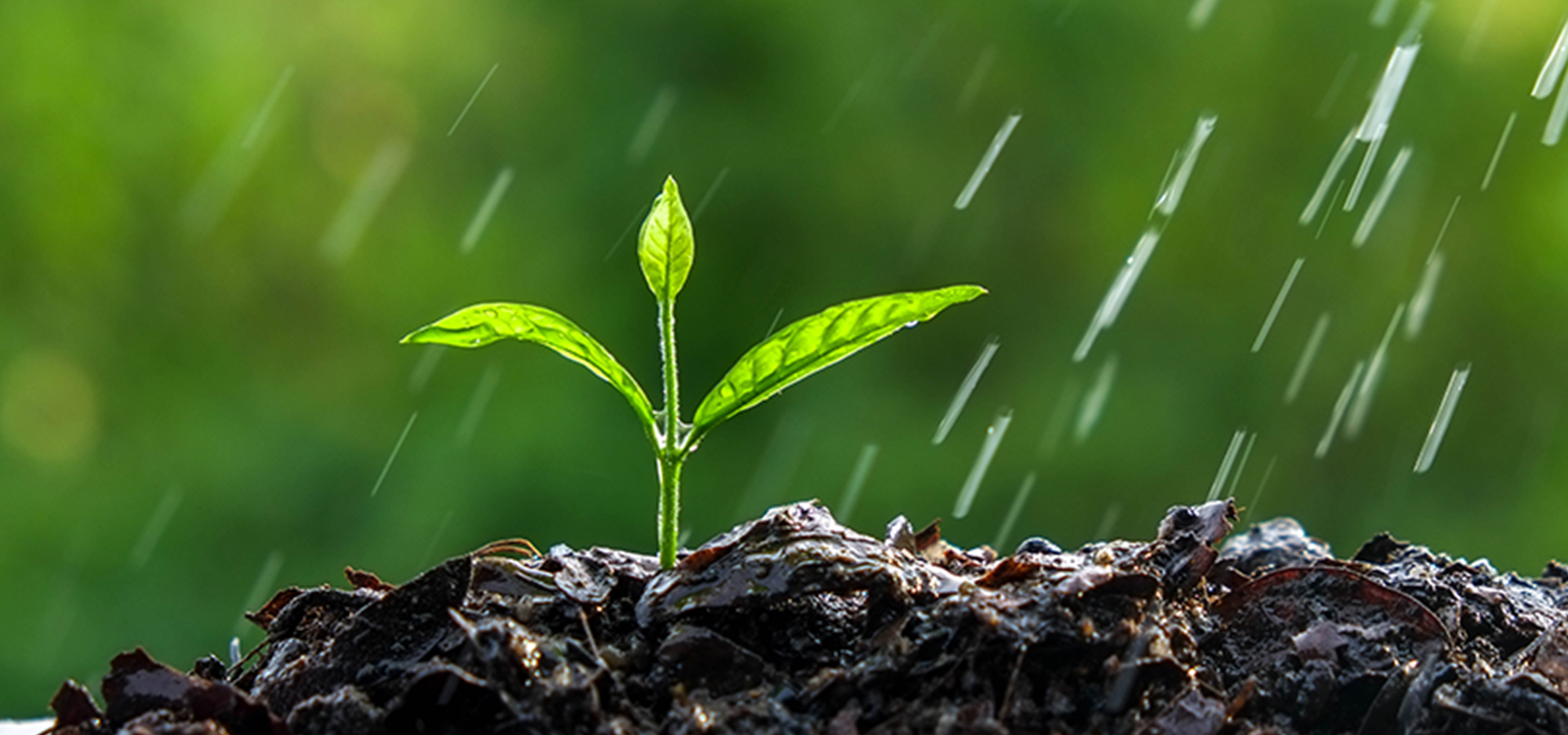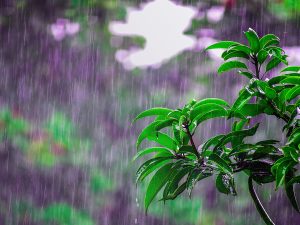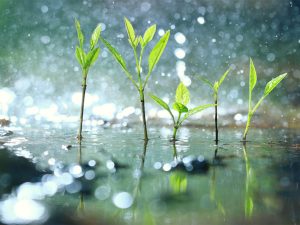
Petrichor, the smell of earth after the rain
- October 1, 2023
- 0
As the rain begins to fall and touch land, a new perfume emerges from the soil – petrichor.
The word is derived from a combination of the prefix “petr” referring to stone, and “ichor,” referring to a tenuous essence, and was first coined in 1964 in the journal Nature by two Australian scientists studying the smells of wet weather. The team conducted their research in India and found it specifically referred to the smell emitted when the baked clay soil in arid regions meets a splash of water. The second reaction that creates petrichor occurs when chemicals produced by soil-dwelling bacteria known as actinomycetes are released. These aromatic compounds combine to create the pleasant petrichor scent when rain hits the ground.
How is petrichor formed?
Many natural clay pots emit a fragrance similar to rain when we sprinkle water on them. This scent emission is a property of many types of dry clays and soils.
The smell-of-rain phenomenon has been a mystery for quite a while and has not yet been entirely resolved.
We know that decomposed organic material gets blown from dry soil and lands on rock or stone.
When the air is dry and there’s no rain, the chemical mixture of organic components and minerals remains in the soil and rocks.
This signals plants to prevent seeds from sprouting and roots from growing due to the lack of water.
We also now know why this unique earthy scent is everywhere around the world, why things smell like rain pretty much the same everywhere around the world, and why the fragrance is familiar to everyone.
Nevertheless, part of the secret has only been unveiled recently.

Bacteria, Spores, and Aerosoles
Researchers from the Massachusetts Institute of Technology (MIT) discovered that when a raindrop hits a porous surface, it traps tiny air bubbles at the point of contact.
These air bubbles are released into the air as aerosols and feature a mixture of minerals and decomposed organic material.
The smell of rain is predominantly observed in arid regions and was known to be associated with the first rains after draught.
Rocks and soil in such arid or semi-arid regions develop fragrant oils.
These fragrant oils are also caused by a bacteria called streptomyces – the largest genus of actinomycetota (or actinobacteria) – developed during warm and relatively damp conditions.
Streptomyces are an important bacteria we’ve learned to use in order to produce several different antibiotics that have been very actively used in medicine.
So, when the climate is dry, some bacteria produce spores in the rocks and soils.
These spores come out of the rocks sometime in, for example, pre-monsoon or storm days due to humidity.
The MIT research concluded that raindrops trap these spores inside them before they burst into the air.
The spores act as aerosols and carry the smell to our noses. That is why you could smell the scent of the Earth right from your window.
You may see a similar process in action when a fizzy drink is poured into a glass, and gas bubbles float up to the surface and pop.
The fragrant oil compound that is found in the rocks is known as geosmin and gives beets their unique earthy flavor.
Interestingly, geosmin stands for “earth smell.”.

Springtails: Spreading the Scent Worldwide for Millions of Years.
The springtail is also part of the process.
This insect enjoys the smell of geosmin and, at the same time, eats streptomyces.
Although streptomyces is poisonous to many different species and will kill certain animals, the springtail is immune to the poison inside the bacteria.
When springtails absorb streptomyces bacteria and release it in their feces, it is basically spreading their spores around the planet.
And that is precisely what they’ve been doing for over 400 million years.
And that is precisely why the Earth’s smell is prevalent everywhere around the globe.
These bacteria are everywhere in the ground and seem to release the smell when the environment gets wetter or when the rain comes out, forcing these bacteria to produce all these molecules.
On a side note, what is a Pluviophile? A pluviophile is someone who finds comfort, joy and peace of mind during rainy days. Are you someone who gets excited when it starts raining, we are all pluviophiles, aren’t we? 🙂
Sources: Surfer today & Live science











